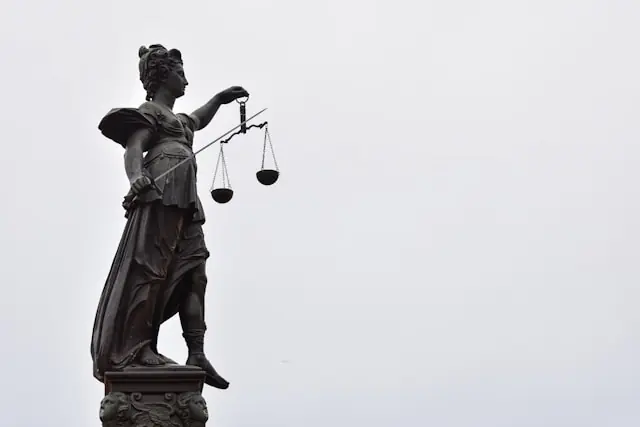The journey through criminal court can feel like a maze, yet it follows a set of predictable steps that anyone can learn. Skilled criminal attorneys act as guides and defenders, translating legalese into plain English, protecting your rights at every turn, and protecting your future with strong legal defense.
The Arrest And Booking
An arrest starts when officers have probable cause or a valid warrant. You are taken to a station for booking, which means fingerprints, photos, and basic information. Two rights matter right away: the right to remain silent and the right to a lawyer. Use them. Saying you want an attorney is not an admission. It is common sense.
Release Options And Arraignment
Soon after booking comes a bail decision or release on your promise to appear. Then the court holds an arraignment, where charges are read and you enter a plea. Many people plead not guilty at this early stage to preserve options while a defense strategy is built. Good counsel can also argue for fair bail terms or supervised release.
What Happens Before Trial
Before anyone steps into a jury box, both sides test the strength of their cases and exchange evidence. This phase is where a defense often wins leverage.
Discovery And Motions
Discovery requires prosecutors to share police reports, videos, lab work, and witness statements. If evidence was seized without a valid warrant, or if a confession followed an improper interrogation, defense lawyers can file motions to suppress. Judges may exclude illegally obtained evidence, which can weaken or even collapse a case.
The Defense Builds The Case
A thorough criminal defense investigation is the engine of a strong strategy, and it is more than simply reading reports. Investigators revisit the scene, map sightlines, and check lighting and camera angles. They track down witnesses who were missed in the rush of an arrest, request dispatch audio, pull phone location records, and compare timelines to spot contradictions, contrasting official claims with factual patterns. They consult independent experts on forensics, from fingerprints to digital data, to verify whether methods were reliable and conclusions justified. They also review body camera video frame by frame to confirm what commands were given and whether rights were respected. When gaps appear, attorneys use subpoenas to obtain missing materials and preserve surveillance. The result is a clearer picture of what actually happened, not just what was first alleged, and that clarity often powers fair plea offers or outright dismissals before trial.
Plea Negotiations
Not every case goes to a jury. Prosecutors and defense attorneys weigh risks, facts, and personal circumstances to consider a negotiated resolution. An ethical, experienced defense lawyer highlights weaknesses in proof, presents mitigation like work history or treatment progress, and pursues outcomes that protect future opportunities.
Inside The Courtroom
Trial is a real story told under strict rules, with the government carrying the burden to prove guilt beyond a reasonable doubt.
Jury Selection
Lawyers question potential jurors to uncover bias and confirm that each person can be fair. The goal is not to stack a panel, but to seat citizens who will follow the law and evaluate evidence honestly.
The Trial Storyline
- Opening statements preview the competing narratives. 2) Witnesses testify and are cross examined to test memory and credibility. 3) Exhibits like photos, messages, and lab reports are admitted if they meet evidentiary standards. The defense can call its own witnesses but has no duty to prove innocence. fun fact: if the government’s proof leaves jurors with reasonable doubt, the correct verdict is not guilty even if they think the defendant might have done it.
Verdict And Sentencing
After closing arguments and jury instructions, the panel deliberates in private. A guilty verdict moves the case to sentencing, where judges consider factors like criminal history, harm, and rehabilitation. A not guilty verdict means acquittal and immediate release on that case.
After The Verdict
Even when a case ends, the legal path can continue for important reasons.
Appeals And Records
Appeals focus on legal errors, not simple disagreements with a verdict. Missed objections, bad jury instructions, or unlawful searches can support relief. Separately, record clearing tools may help in the future if the law allows.
Life After Court
The best defense teams think beyond the courtroom. They connect clients with job resources, counseling, or education programs that help life move forward. Judges appreciate progress, and so do employers, schools, and families.
Why Criminal Attorneys Matter
From the first conversation at the jail phone to the last word of closing argument, a capable defense lawyer safeguards rights and brings balance to an uneven playing field. They challenge unlawful searches, expose shaky identification, and keep the process honest. They are negotiators when a fair deal serves justice and relentless trial advocates when a jury must hear the truth. With clear guidance, careful investigation, and principled advocacy, the trip from arrest to acquittal becomes not just survivable but understandable.

Leave a Reply